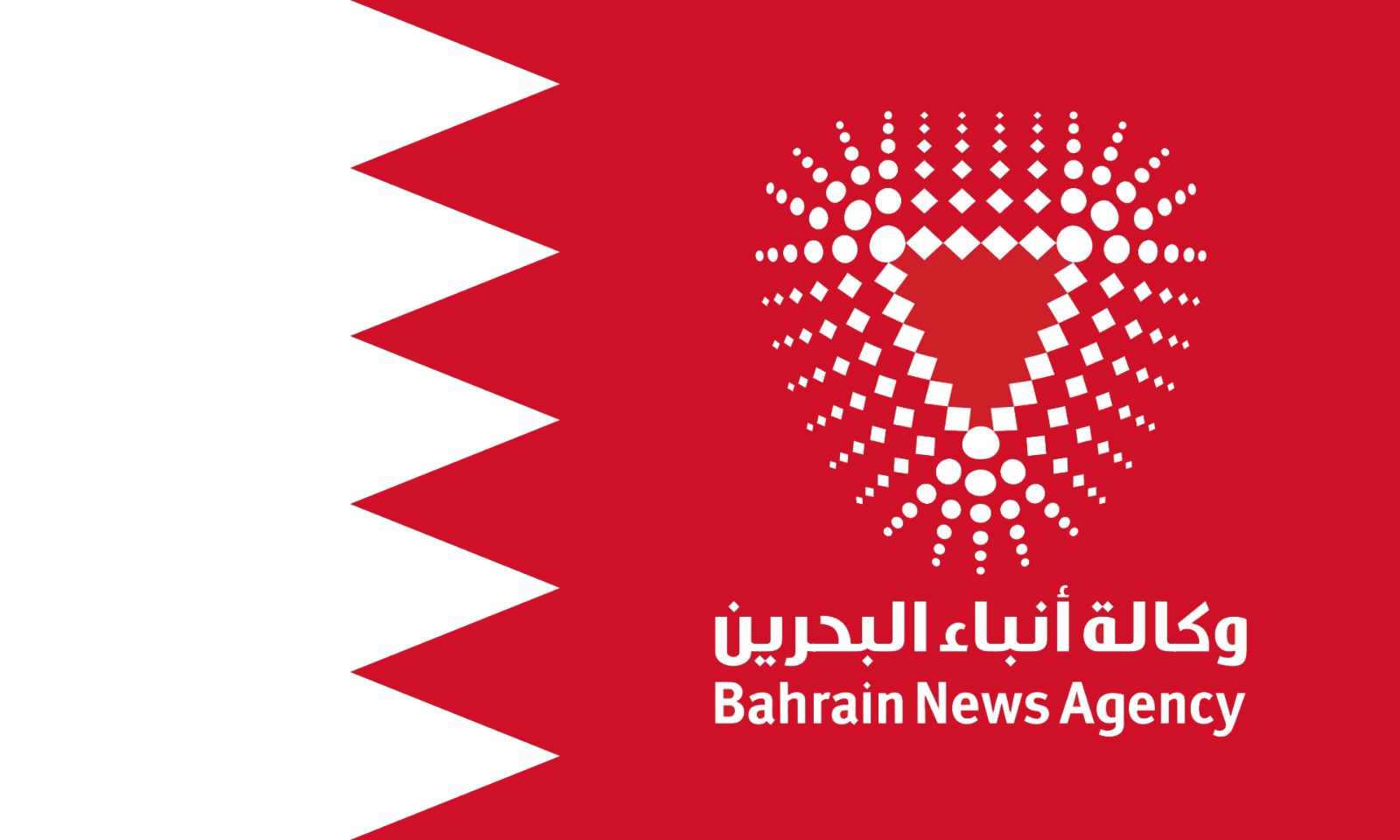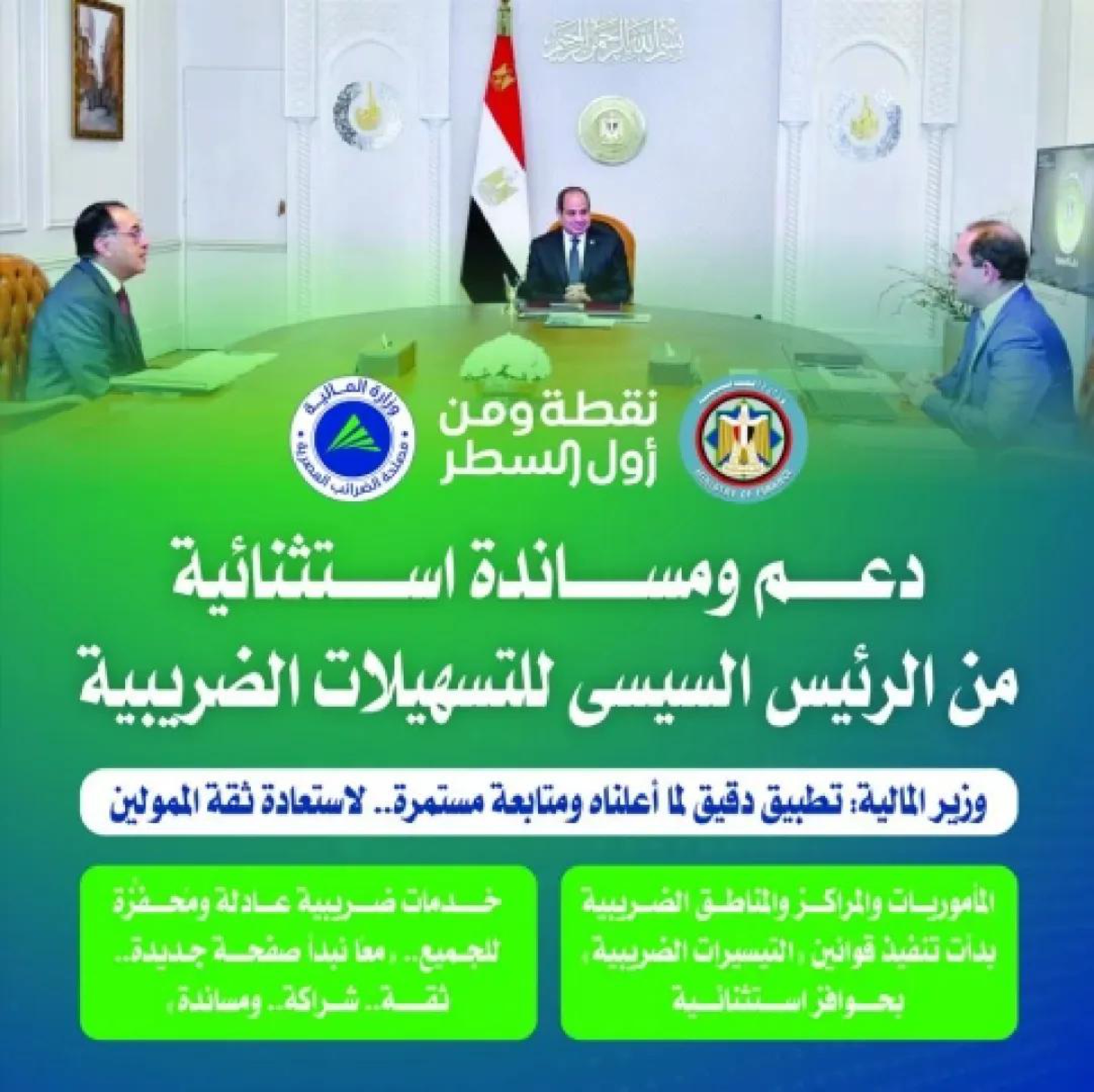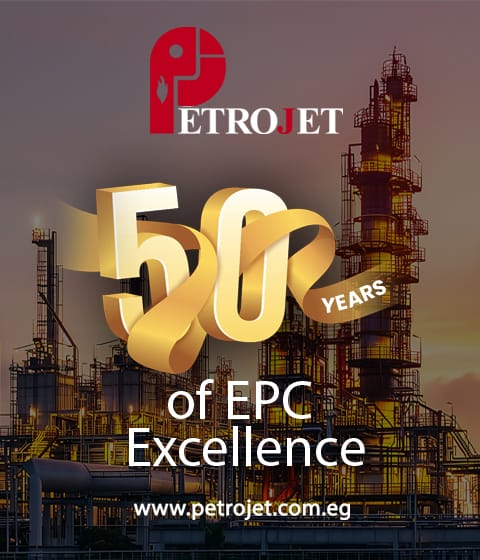CAIRO, May 15 (MENA) - Minister of Public Business Sector Mohamed Shimi highlighted Egypt’s growing regional and international role under the leadership of President Abdel Fattah El Sisi, particularly in Arab, Middle Eastern, African and global economic blocs, noting that this offers a significant opportunity for the expansion of Egyptian exports.
He emphasized that public sector enterprises would be the primary beneficiaries of this momentum.
This came during a meeting between the minister and leading media figures, including board chairmen and editors-in-chief of Egypt’s national newspapers and the Middle East News Agency (MENA), held at the headquarters of the National Press Authority (NPA).
NPA Chairman Abdel Sadeq el Shorbagi attended the meeting alongside a number of the authority's senior officials.
Shimi highlighted that a comprehensive revival of Egypt's public business sector is currently underway, based on modern technology and integrated development of all sectors.
This process is closely monitored and guided by the president and the government under an integrated approach adopted by various ministries and state bodies.
He stressed that the political leadership attaches great importance to the modernization of public sector projects, focusing not on liquidation but on revitalization through modern governance mechanisms, thus having added economic value and maximizing Egypt’s competitive advantages of various sectors.
He added that this will help upgrade production lines and enable state-owned enterprises to compete internationally and meet domestic needs.
Shimi underscored the importance of national media in reshaping the mindset about the public sector, noting that sector development is a top national priority under Egypt Vision 2030.
He revealed that development efforts have already boosted performance and competitiveness in some sectors by up to 70%, with more tangible results expected across all sectors by 2030.
Specifically, he mentioned that Egypt’s historic textile and dyeing industry is undergoing full modernization, with the introduction of new technologies, extensive training for tens of thousands of workers and the development of new product lines and marketing networks — particularly for ready-made garments.
These efforts aim to reduce reliance on imports, thus saving foreign currency and redirecting it toward investment and development.
He also spoke of a major shift in production across affiliated holding companies, focusing on increasing the domestic component of manufacturing. For instance, El Nasr Automotive is producing high-quality VIP buses with over 70% local content, thanks to updated production lines and transferred technologies. Additionally, local tire and rim manufacturing, as well as related industries in the transport sector, are being revived.
In the pharmaceutical sector, Shimi noted that partnerships between public sector companies and global private firms have helped stabilize the local market and reduce dependence on imports — including items like dialysis filters.
In the tourism and construction sectors, several new hotels are being built across governorates through partnerships with private and international hotel management firms. This is meant to expand Egypt's hospitality capacity in line with projected tourism growth.
The minister also spoke about ambitious urban development projects, such as revamping the Heliopolis Housing and Development Company to mark the 120th anniversary of the historic Heliopolis district. Additionally, Alexandria-based Maamoura for Urban Development and Tourism is undergoing asset enhancement, alongside upgrades to other historic state-owned real estate and tourism companies.
He cited examples like the Intercontinental Hotel under construction in Opera Square and the re-development of the historic Omar Effendi building on Abdel Aziz Street into a 120-room hotel, all aimed at maximizing asset value and supporting Egypt’s larger downtown Cairo revitalization plan.
Other major projects include the modernization of production lines at Nag Hammadi Aluminum Complex, enabling local aluminum output to meet domestic demand and create export opportunities. Similarly, KIMA Chemical Industries is undergoing expansion to produce key inputs and support downstream industries.
He affirmed that all modernization initiatives prioritize environmental governance to secure global quality certifications necessary for exportation. Furthermore, the Ministry is moving toward clean energy production and green hydrogen, in partnership with specialized global firms.
Shimi stressed that the political leadership follows up on these national development projects, which are guided by clear timelines and objectives. Workforce skills are also being enhanced through structured training and improved working conditions.
He noted that the sector’s development is funded primarily through its own revenues, optimized asset utilization, and prudent use of foreign currency, thus avoiding a burden on the state budget. Partnerships with private and international investors are also key to financing the transformation.
Finally, the minister emphasized the strategic importance of exports, especially to African markets, where Egyptian products such as pharmaceuticals, vehicles, textiles, and ready-made garments enjoy competitive advantages. (MENA)
M H K/M N E
OPEN// Min.: Egypt implementing comprehensive revival process to promote projects' competitiveness
Egypt/Public Business Sector/Economy
You have unlimited quota for this service





 ar
ar en
en fr
fr






